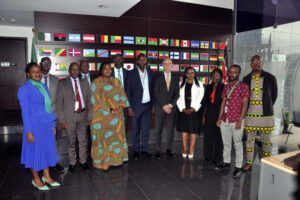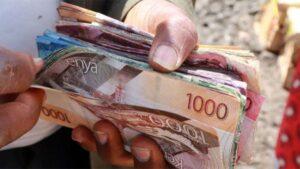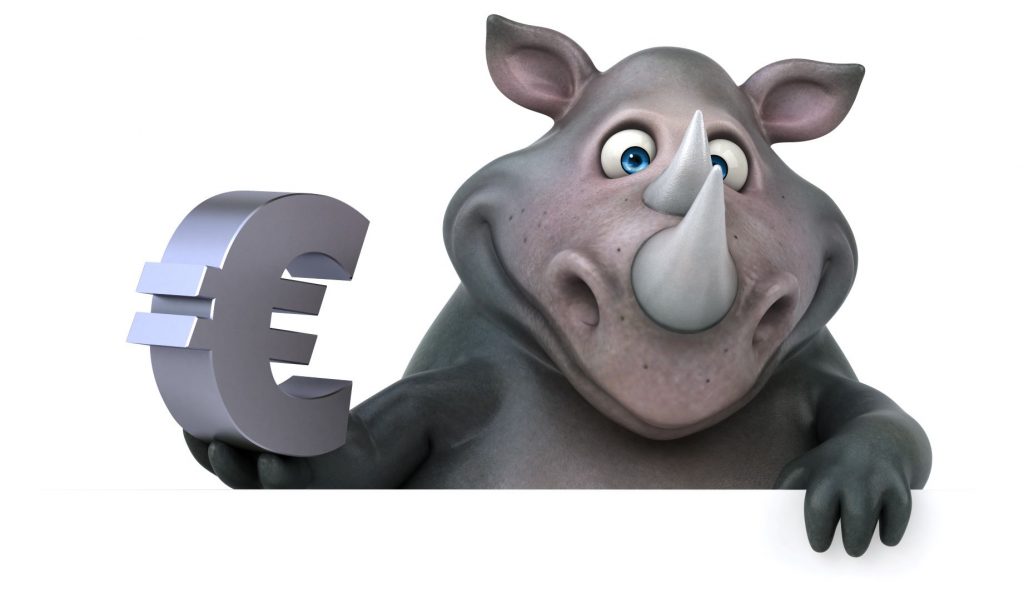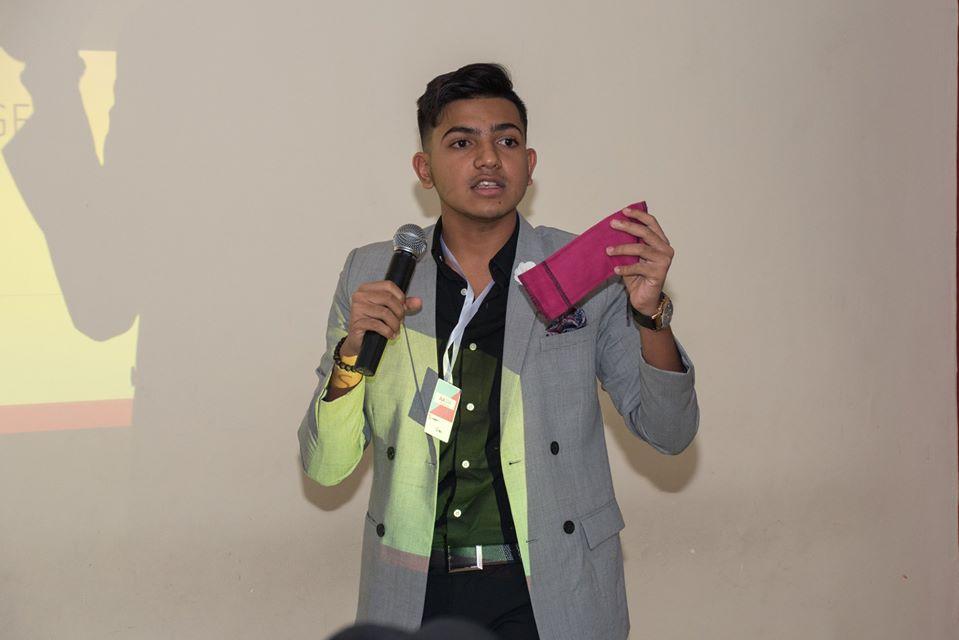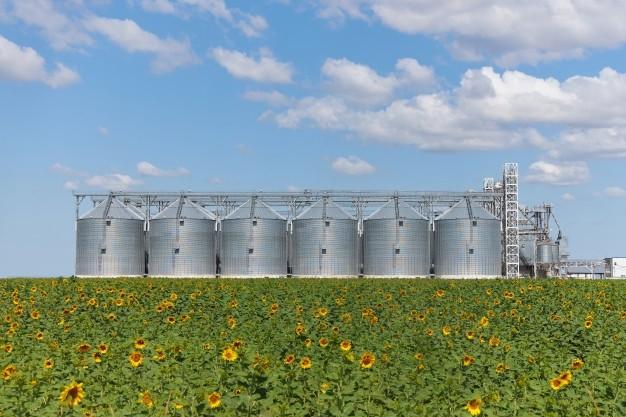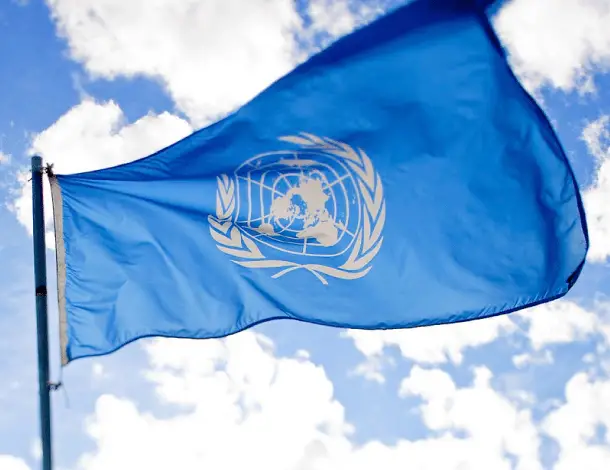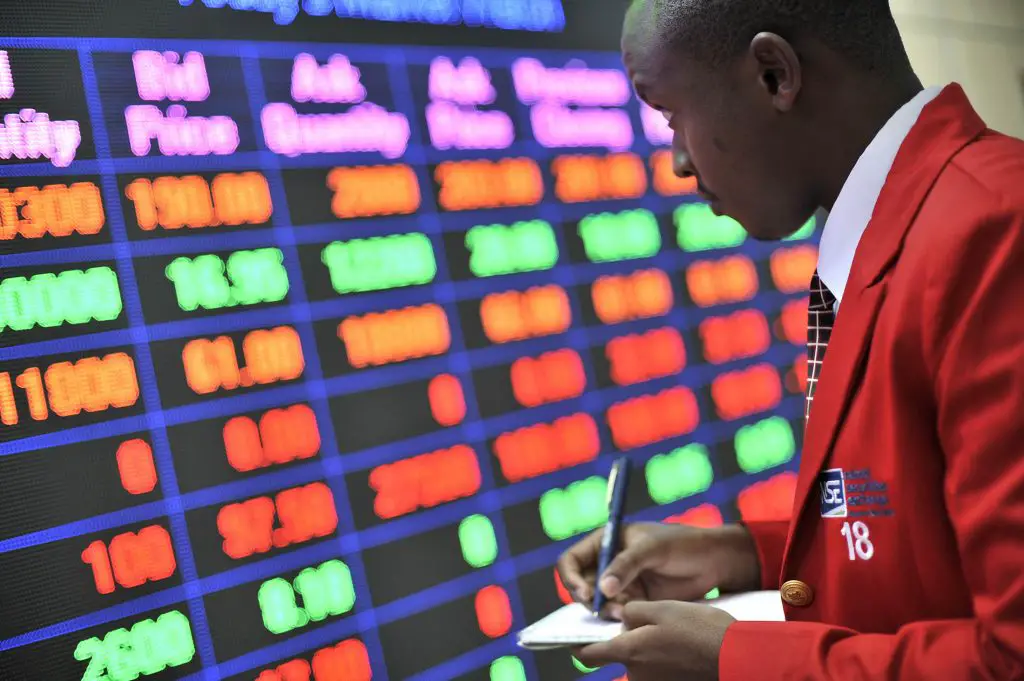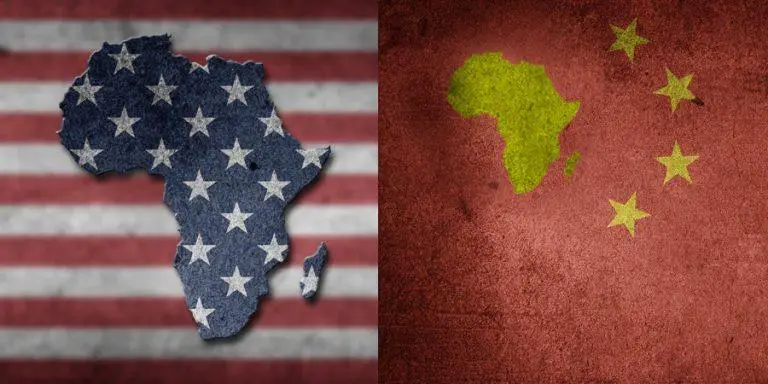- Kenyan Farmers Receive $2M Boost from Africa Fertiliser Financing Mechanism
- Brace for High Interest Rates for a Longer Period World Bank Warns Kenya
- Kenya-Ethiopia Trade Relations: Legislators Advocate for Policy Alignment to Boost Ties
- Visualising the state of debt in Africa 2024
- Abu Dhabi radiates optimism as over 300 startups join AIM Congress 2024
- TLcom Capital Raises $154 million in Funding to Boost Its African Growth
- Africa’s $824Bn debt, resource-backed opaque loans slowing growth — AfDB
- LB Investment brings $1.2 trillion portfolio display to AIM Congress spotlight
Month: July 2020
The dairy industry in East and Central Africa is a multi-billion-dollar business supporting millions of small to medium farmers as well as a vibrant retail and manufacturing value chain across the region. Dairy production plays an important role in supporting livelihoods and economies across East Africa.
According to the East and Southern Africa Dairy Association (ESADA), 12 billion litres of milk are produced in East Africa annually, accounting for 27.5% of the continent’s 2017 output.
Over 30 companies are involved in the processing and distributing milk including the region’s largest dairy processor Brookside Dairy, which has a market share of 40% in Kenya and the largest distribution and retail network in Uganda. Brookside is a powerful enterprise that boasts of Kenya’s first family on its board and controls a majority stake in Kenya’s processed milk. French dairy giant Danone is also a shareholder though it controls most of its …
With the effects of Covid-19 taking a toll on businesses across the globe, those operating in low income countries and specifically those in Africa have sought for more than finance to pull through.
Invest in Africa (IIA), a private sector-led initiative focused on growing local businesses and local content in Sub-Saharan Africa, has created a Covid-19 SME survival toolkit programme that helps SMEs overcome the potential damage to businesses caused by lockdowns and the ensuing economic shock.
The survival toolkit includes practical guides, solutions and recommendations to help African SMEs get through the many challenges the pandemic represents. It is also organizing a series of webinars under which SMEs can benefit from several industry advisors.
The entity has a curated list of online resources relevant to your business during this pandemic.
“Because the vast majority of businesses in Sub-Saharan Africa are SMEs, they also provide nearly all …
If there is one sector that receives great attention in Africa, then it must be the small and medium enterprises (SMEs) area. Over the years, governments and multilateral agencies have identified the great role played by the SMEs in providing jobs, services and contribution to domestic economies.
A National Economic Survey report by the Central Bank of Kenya (CBK) two years ago indicated that SMEs constitute 98 percent of all businesses in Kenya, create 30 percent of jobs annually as well as contribute 3 percent of the GDP.
The situation is similar in the rest of the continent as well as worldwide. According to World Bank, SMEs represent about 90 percent of businesses and more than 50 percent of employment worldwide. Formal SMEs contribute up to 40 percent of national income (GDP) in emerging economies. These numbers are significantly higher when informal SMEs are included.
SMEs are less likely …
It is not ordinary for a 20-year-old school graduate to have achieved so much in a short period. However, for Ziyaan Virji, he not only leads in philanthropic endeavours but also is developing a social enterprise that looks at the menstrual health of women.
For the last two years, Ziyan, a graduate of the Aga Khan Academy Mombasa, has been working closely with communities both in Kenya and Tanzania as well as using proceeds of the Princess Diana Award to push for the welfare of the less privileged while still maintaining a social enterprise.
At just 17, he founded the non-profit Affordable and Accessible Sanitation for Women (AASW). This came about as a personal project for his Middle Years Program (MYP), where his research led him to find out that barely 2% of school girls in urban areas in Tanzania could …
Uganda’s real GDP growth is projected to hover below 2 per cent in 2020 compared with the almost 5.6 per cent in 2019.…
The Mastercard Foundation unveiled a Young Africa Works in Uganda that will enable more than three million youths to access dignified job opportunities by 2030.
Under this strategy, the Mastercard Foundation has committed $200 million to ensure young men, women and refugees in Uganda have access to economic opportunities.
Speaking during the launch of the 10- year strategy, Mastercard Foundation President and CEO, Reeta Roy said that the strategy will support agri-food systems and agribusinesses through the commercialisation of agriculture as well as strengthen the growing tourism and hospitality sector.
“We have formed partnerships with a number of organisations and together, if we are successful, they already represent 30 per cent of the goal of having 30 million people in dignified and fulfilling work. What’s special is how our partners have come together to intentionally collaborate and leverage each other’s strengths,” she said.
In Uganda, youth account for nearly 82 …
East African SMEs mainly in Kenya, Uganda and Tanzania to receive a 4-year senior/ mezzanine debt facility of $1 million given by the Eastern and Southern African Trade and Development Bank (TDB) SME Programme.
The TDB gave the funds as part of its mandate to strengthen the entrepreneurial fabric of the region while the funds will be managed by the Grassroots Business Fund (GBF).
The project will focus on women or youth-led SMEs operating in the agricultural sector with solid managerial foundations and a high potential for social impact.
The African Guarantee Fund (AGF) enhanced the transaction with a partial risk guarantee of 50 per cent with up to 75 per cent in the case of women-led SMEs.
In Kenya, Uganda and Tanzania, agriculture contributes approximately 30 per cent of GDP while in employment it contributes between 55 per cent and 70 per cent of all jobs and 77 per …
The United Nations will invest a total of $106 million in the social and economic projects of Angola until 2021.
The outgoing UN resident coordinator in Angola, Paolo Balladelli said the organization intends to invest $53 million per year.
He said that Angola needs billions of dollars to solve major problems and the UN will continue to support. He said that funds will help implement academic, government and civil society programmes.
Mr Balladelli also added that the UN agencies are promoting various initiatives to support Angolan government in social and economic areas with a focus on projects supporting the fight against COVID-19 and prevention programme.
The UN official praised the Government of Angola for putting in place measures to prevent and combat the COVID-19 pandemic, most importantly the timely adoption of the State of Emergency, which allowed the postponement of the spread of the new coronavirus and prepare material …
Liquidity in the stock market can simply be defined as the ability of a market to absorb large trade volumes with minimal effect on price movement. The more liquid a market is the lower the costs of transactions, the faster new entrants experience price discovery and also serves as a big attraction for foreign investors.
However, there are various challenges observed in frontier and emerging markets with low liquidity levels. Among them include limited free-float, poorly diversified investor profiles and large portions of long-term investors. Moreover, limited awareness of the market by potential domestic investors and complex market access models have been an especially enormous challenge in Africa.
Majority of Exchanges in the continent have liquidity levels below one percent (1%), with only two Exchanges recording levels of over ten percent (10%) as at May 2020- Egypt 48% and Johannesburg (45%). These have wider pools of listed companies and relatively …
In the past 5 years, Southern Africa had seen a great influx of Chinese capital in any areas of investment. Many Chinese companies invested large amounts of capital in various sectors including infrastructure, but the one that seems to be getting the most attention lately is the Oil and Gas sector.
Governments would sign multi year contracts granting exploration rights and concessions to oil and natural gas reserves to Chinese companies and negotiate royalties and equity in exchange.
The system worked as a co-ownership that was observed in various countries for the great part of the last decade. Since late 2018, or early 2019, China and the United States have engaged in an economic battle that has seen threats and embargoes being set by both sides. The tensions have not eased with the current pandemic as some world leaders chose to blame China’s lack of transparency to the current pandemic …
